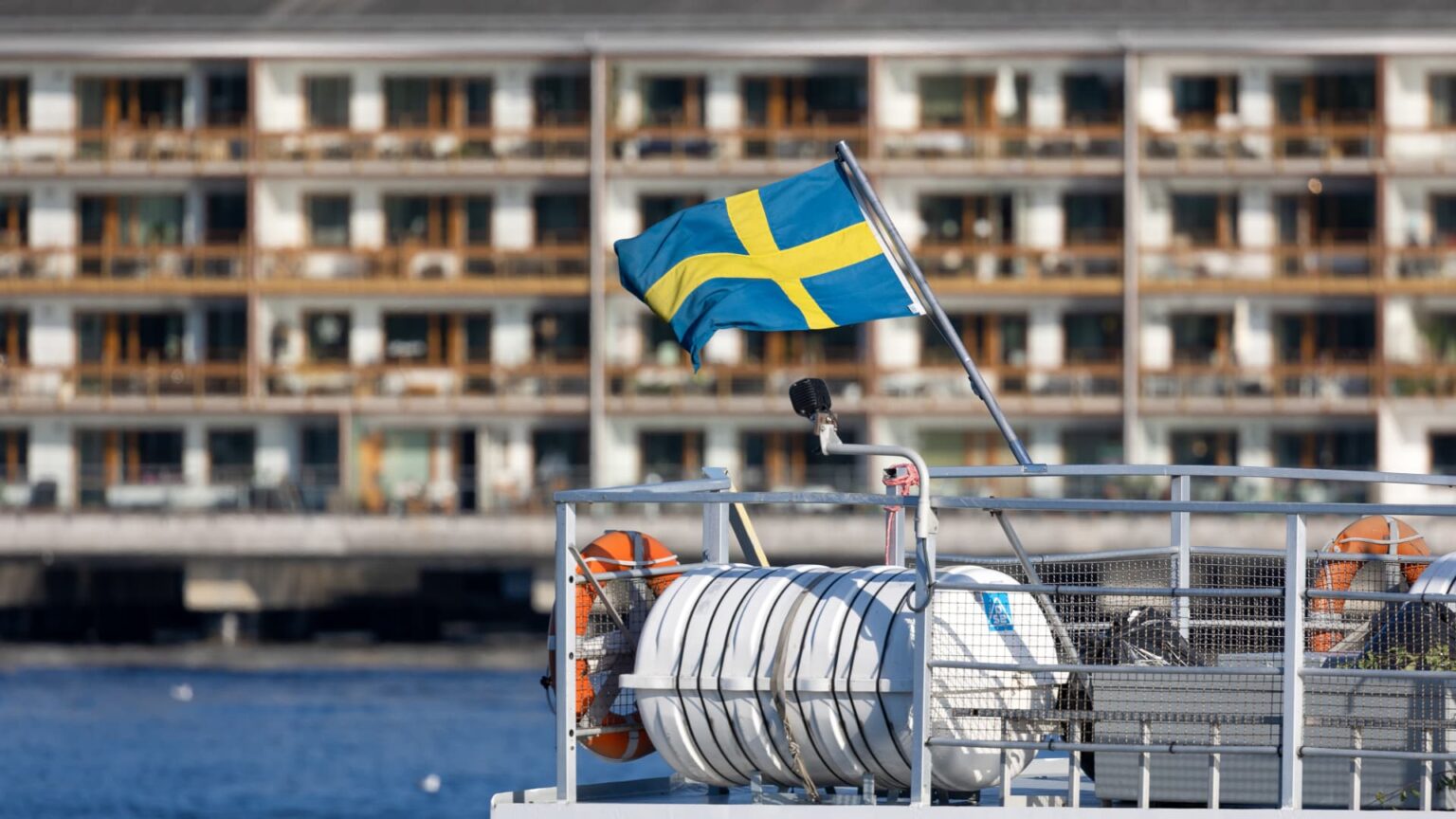Sweden’s central bank hiked interest rates for the eighth consecutive time on Thursday, taking the main rate to 4%, as the country continues to battle high inflation.
The quarter-point increase is in line with the expectations of analysts polled by Reuters.
Sweden’s headline inflation, which excludes energy costs, slowed more than expected last month, coming to 7.2% for the month of August, according to Statistics Sweden. This was down from an annual rate of 8% in July.
The Swedish economy is “going in the right direction,” the central bank said in a statement, while nevertheless highlighting that inflationary pressures “are still too high.”
“Service prices continue to rise at a rapid pace, which, together with the unjustifiably weak krona, are keeping up inflation and increasing the risk that inflation will not continue to fall and stabilise around target sufficiently quickly,” the bank said.
The krona gained ground on the policy rate decision, rising to 11.1720 to the U.S. dollar in the minutes after the announcement, according to LSEG data. This was up from 11.1588 before the announcement.
The Scandinavian country has struggled with a weak currency, as the krona hit record lows against the euro over the last couple of months. The housing market has meanwhile felt the full impact of unexpected and aggressive interest rate hikes.
The Riksbank has been lifting rates at every meeting, starting with May 2022.
Stefan Ingves, former central bank governor, in January warned that Sweden was facing its “day of reckoning,” as house prices plummeted and the wider economy stuttered.
“I’ve persistently time and time again said that the debt level in the household sector is just way, way too high and there will be a day of reckoning and eventually rates will go up, and now rates have gone up,” Ingves said.
Norway’s central bank also opted to raise rates Thursday, adding 25 basis points to 4.25% for its main rate. A December rate hike is “likely,” according to the bank’s governor.
“Whether additional tightening will be needed depends on economic developments. There will likely be one additional policy rate hike, most probably in December,” Ida Wolden Bache said in a press release.
The interest rate increases in the two Scandinavian countries came after the Federal Reserve paused its hiking cycle Wednesday, but signaled it will raise interest rates once more this year.
Read the full article here










